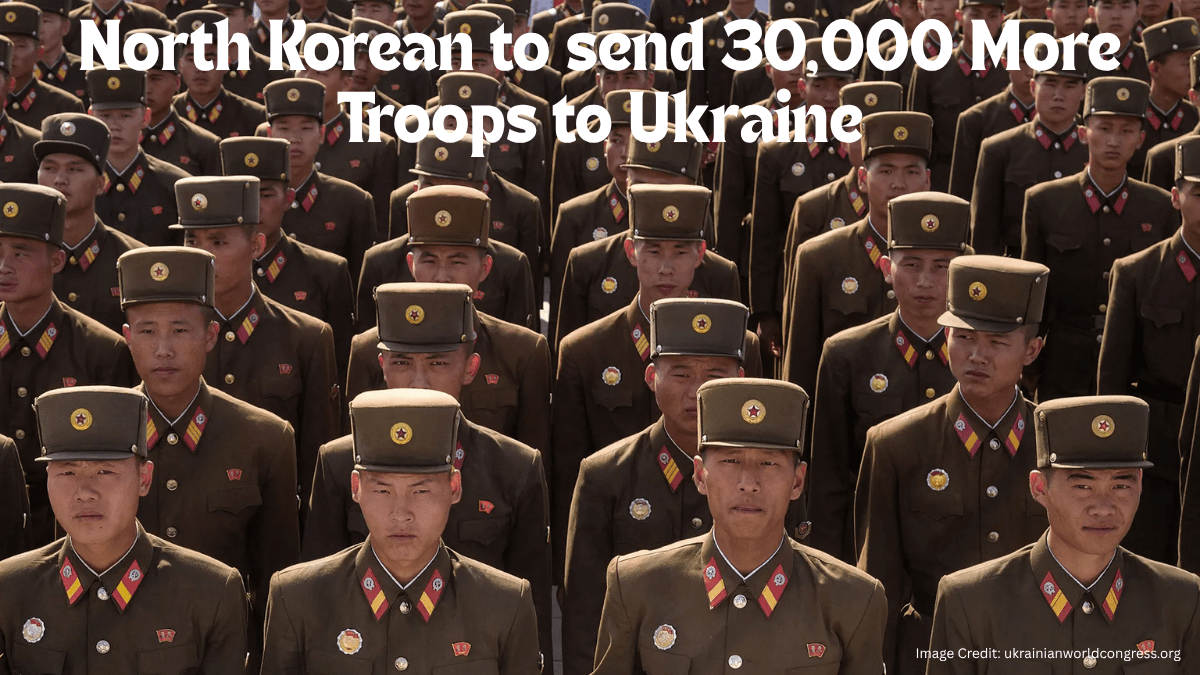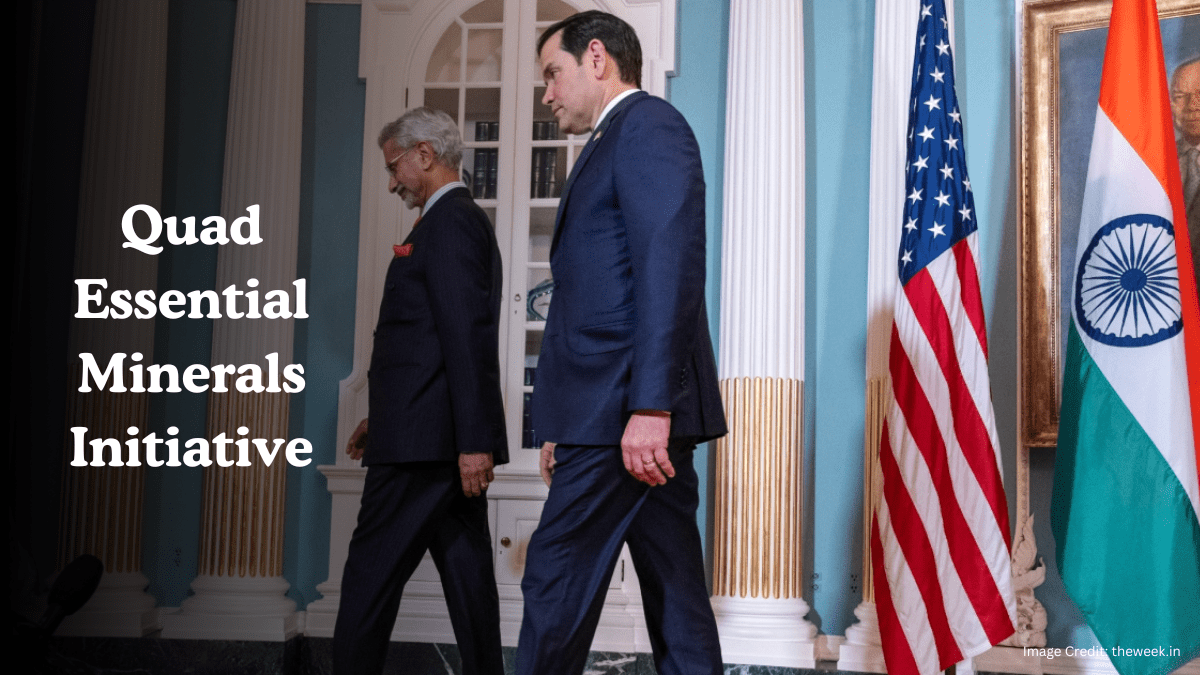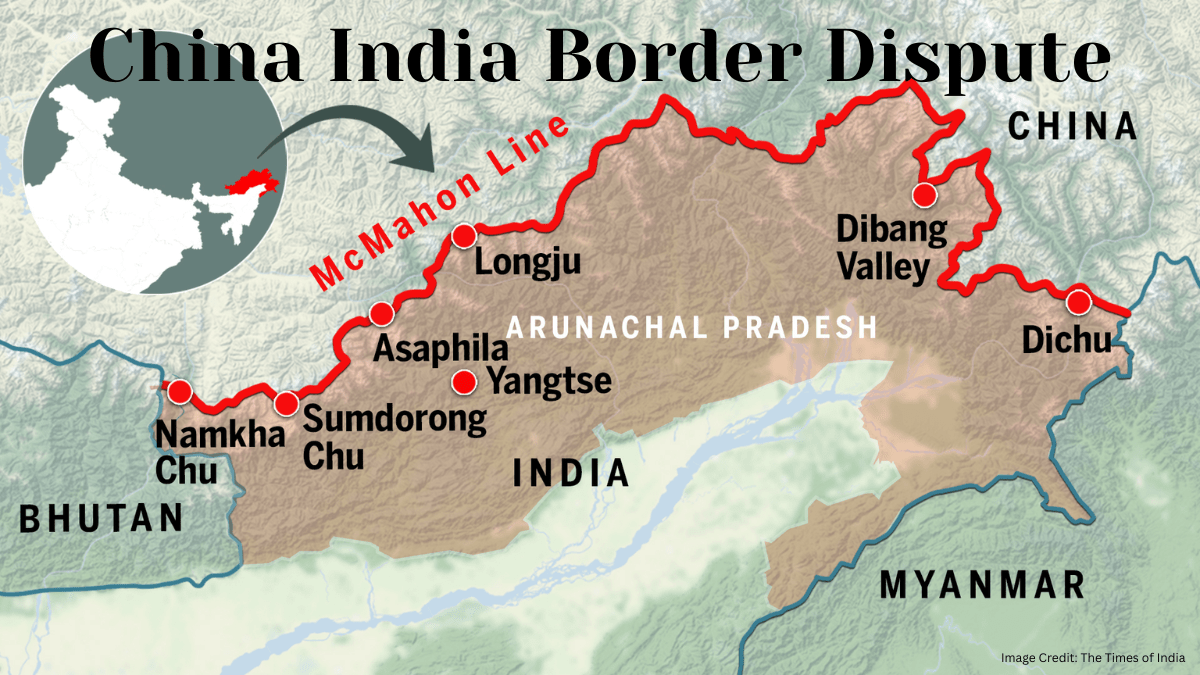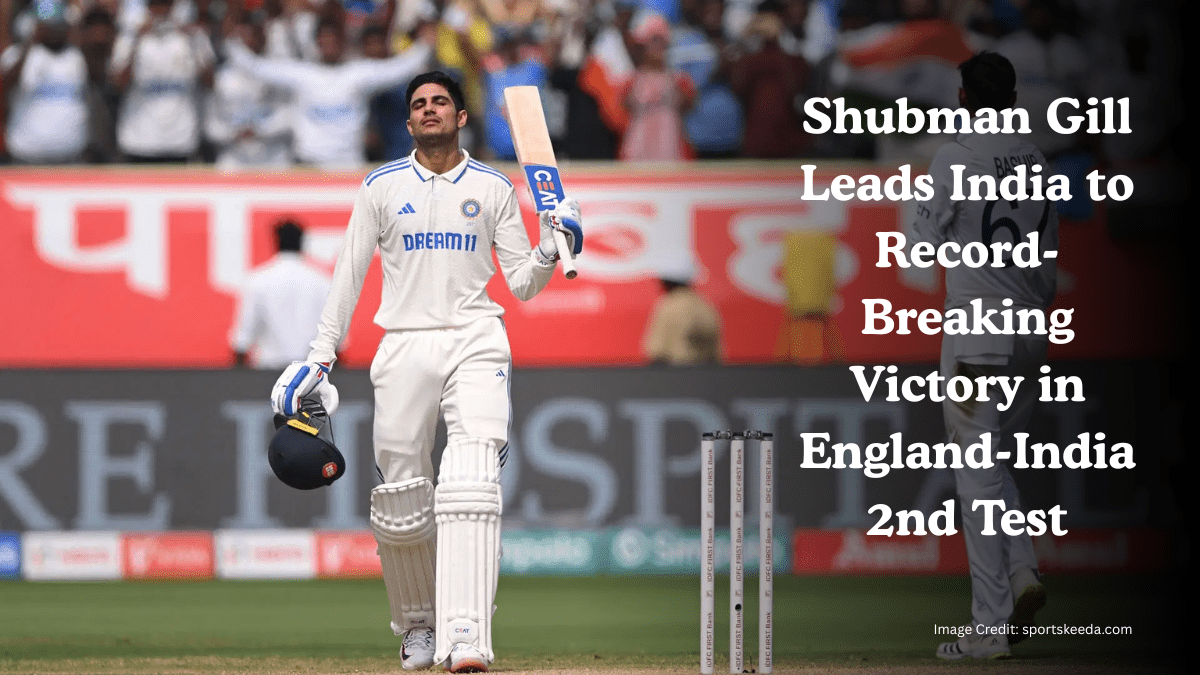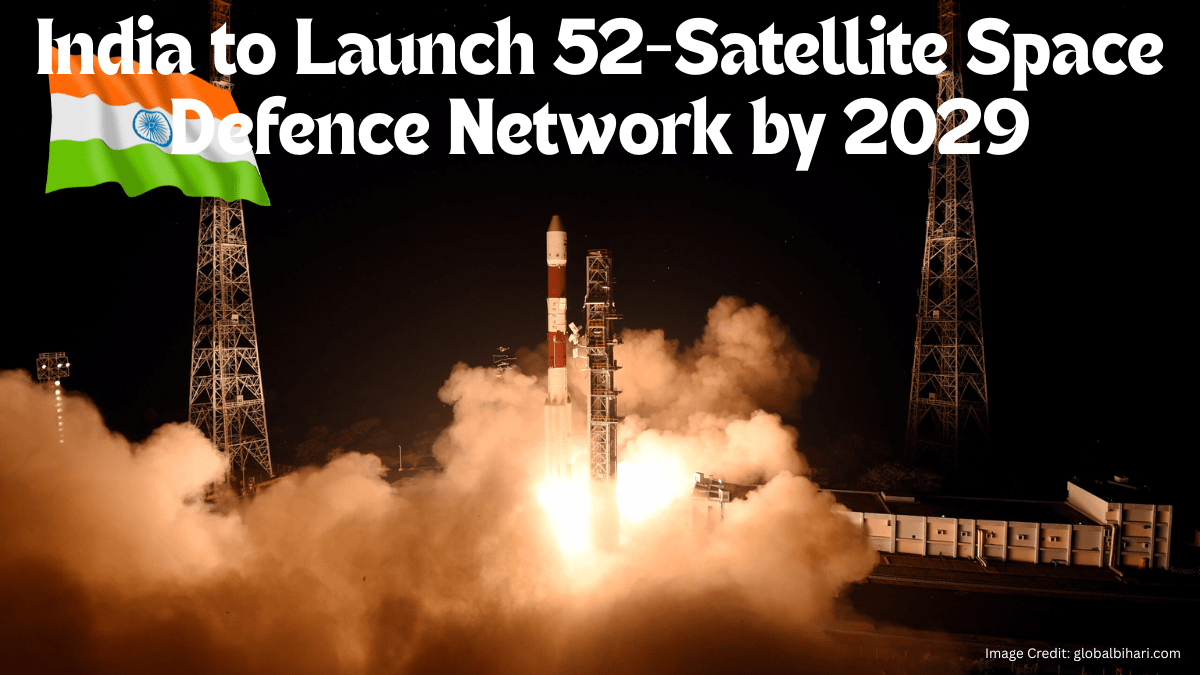North Korea-Russia Military Alliance
Ukrainian intelligence agencies have confirmed that the North Korea-Russia Military Alliance is all set to escalate dramatically. As per reports, Pyongyang is planning to send an additional 25,000 to 30,000 troops to support Russia’s ongoing war in Ukraine. This move marks a sharp intensification in global military dynamics.
This massive surge in North Korean military presence signifies a turning point. It all started as a European conflict but is now pulling in strategic actors from the Asia-Pacific, raising alarms across global capitals.
Table of Contents
Heavy Losses, Yet Commitment Deepens
Pyongyang shows no sign of retreat despite suffering severe casualties in recent months. As per Ukrainian military estimates, nearly 4,000 North Korean troops have either been killed or wounded since late 2024, of the original 11,000 deployed. This is almost 40% of their force.
In rare footage released by North Korean state media, leader Kim Jong Un was seen attending a memorial service. Draped coffins and solemn military salutes depicted a grim picture of the cost of war. Yet, this public acknowledgement also hints at the regime’s unwavering resolve to uphold the North Korea-Russia Military Alliance, regardless of losses.
Sources indicate another 3,000 troops were sent earlier this year to backfill the fallen. The flow of soldiers illustrates a deepening military alignment that is gaining pace, not losing steam.
Moscow Makes Room for Its Unlikely Ally
Russian commanders are reportedly reconfiguring military operations to absorb the incoming North Korean reinforcements. From language training to tactical realignment, the partnership is transforming battlefield logistics.
According to intelligence briefings, Moscow has stockpiles of weapons and gear ready for the incoming troops. Russian aircraft are even being re-engineered for mass transport across Siberia’s vast stretch, linking to North Korea’s border in the Russian Far East. The logistical scale underscores how strategic the North Korea-Russia Military Alliance has become.
Satellites and Ports Reveal the Movement
Satellite surveillance has picked up notable signals of preparation. The UK-based Open Source Centre analysed images showing Ilyushin-76 cargo planes parked at Sunan Airport in Pyongyang earlier this June, 2025. These aircraft were used in past troop movements to Russia.
Simultaneously, Russian naval ships linked to troop transport—particularly Ropucha-class vessels—were spotted again at Dunai Port near Nakhodka, the same base used during previous deployments.
Such coordinated activity signals an active phase of troop mobilisation under the expanding North Korea-Russia Military Alliance.
Also Read
Nissan Recall Vehicles in USA: Over 443,000 Cars at Risk
Asia-Pacific Braces for Impact
What happens in Ukraine doesn’t stay in Europe anymore. The North Korea-Russia Military Alliance now links East Asian instability with European battlefields. Experts warn this partnership blurs traditional borders in global conflict.
Former Ukrainian ambassador Sergiy Korsunsky stated, “The speed at which this alliance is growing is shocking. It’s not just about Ukraine now—it’s about a global security reshaping.”
Tokyo and Seoul are watching nervously. Officials in both countries now view the alliance as a serious threat to East Asia’s fragile peace. What was once seen as a distant war is now hitting much closer to home, and the worry is growing by the day.
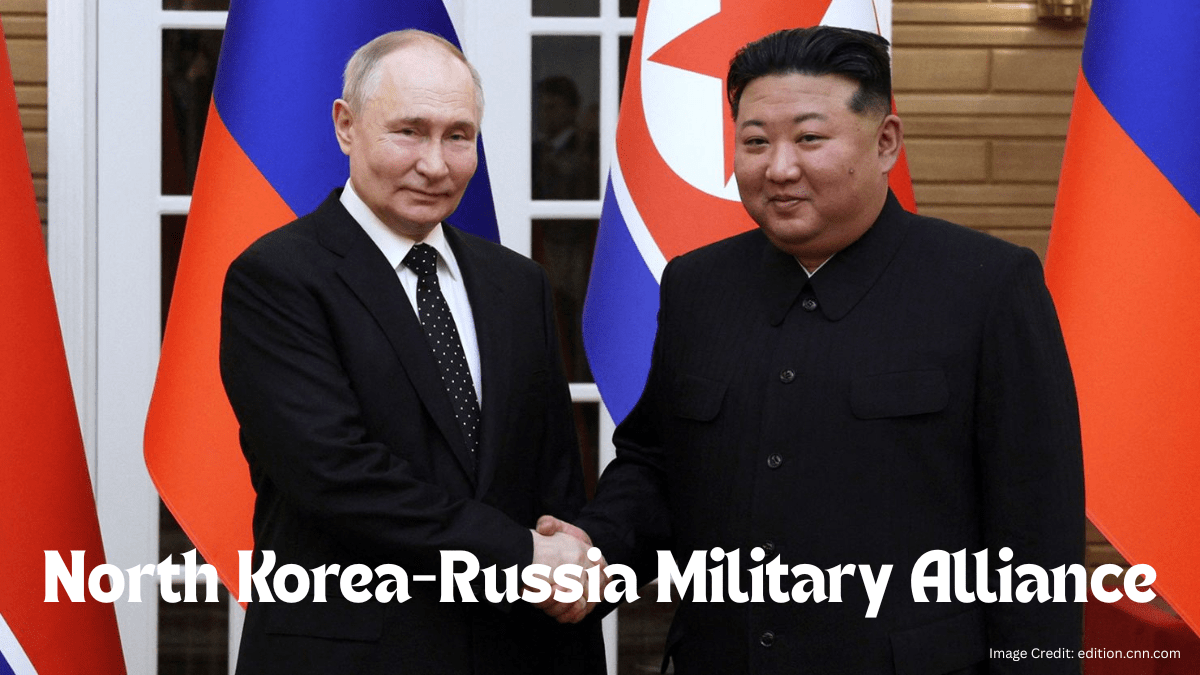
Weapons, Technology—and Worry
Intelligence reports suggest North Korea is benefiting handsomely from this arrangement. Advanced Russian air defence systems, like Pantsir-S1 missiles, are now stationed in North Korean territory.
In an interview, Ukrainian intelligence chief Lt. Gen. Kyrylo Budanov claimed the alliance has “significantly increased North Korea’s defence capacity.” Drones, hypersonic missiles, and electronic warfare tools are all part of the deal.
This military technology exchange is seen as one of the most troubling aspects of the North Korea-Russia Military Alliance, extending its implications well beyond the battlefield.
Engineers, Not Just Fighters
It’s not just combat troops being exchanged. According to Russian Security Council Secretary Sergei Shoigu, over 1,000 North Korean combat engineers and 5,000 military construction workers will be deployed for non-combat tasks.
Their mission? To restore infrastructure and clear mines in regions like Kursk, and to build memorials honouring fallen North Korean soldiers. This cooperation reflects a long-term investment and symbolic solidarity within the North Korea-Russia Military Alliance.
Are All Troops Battle-Ready?
Some analysts question the effectiveness of these reinforcements. Experts like Jenny Town of the Stimson Center believe the new wave of soldiers may not match the elite standards of earlier units.
“The alliance seems to be prioritizing numbers now, not quality,” Town remarked.
Field reports hint at language barriers and tactical mismatches between Russian and North Korean forces. These gaps on the battlefield could seriously hamper how well the alliance functions when real combat breaks out.
Western Response Intensifies
As the North Korea-Russia Military Alliance gains momentum, Western intelligence networks are scrambling to keep up. Agencies across the U.S., UK, and NATO are now jointly tracking troop routes, weapons transfers, and training camps.
With North Korea’s secretive military and Russia’s hidden tactics, tracking this alliance has become one of today’s toughest jobs for intelligence agencies. The fear of a wrong move or things spiralling out of control has pushed allied nations to step up their coordination like never before.
Also Read
Quad Essential Minerals Initiative: Quad Nations Team Up
Sanctions? Or Strategic Gains?
For North Korea, this alliance is more than military. It’s a vital economic lifeline. In exchange for sending troops and supplies, Pyongyang is said to be getting much-needed fuel, food, and advanced weapons technology, helping it sidestep years of tough international sanctions.
One defence analyst called it a “blood debt,” forged on the battlefield but cemented through long-term dependency. The North Korea-Russia Military Alliance isn’t just tactical—it’s strategic, economic, and deeply political.
Conclusion: A Global Flashpoint
With tens of thousands more North Korean troops preparing to join the war, the North Korea-Russia Military Alliance marks a bold escalation. It’s no longer just about Ukraine—it’s about a global realignment.
From Kyiv to Pyongyang, from Seoul to Moscow, the ripple effects are growing. This alliance could define a new era of geopolitical confrontation—one where alliances aren’t just regional, but dangerously interconnected.
